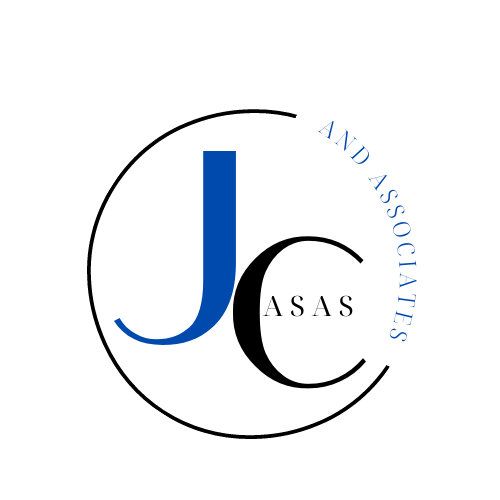Are you an educator who is currently feeling overwhelmed, exhausted, or wondering if you can continue to do this work? Visualize yourself back in the interview chair. You were genuine, sincere and full of passion. You convinced a group of people that you were the best person for the job and you believed it. That is the real you. Join Jimmy Casas, educator, speaker, and best-selling author as he takes you back to the interview chair to remind you of why you wanted to become an educator. If you are ready to reflect on the role you play in impacting the culture and climate in your school, this podcast is for you!
LISTEN NOW
Episode 117: In this authentic, engaging conversation, Meg Simon, a dynamic leader in education, shares her journey in the fast-paced world of education, including the challenges that often come with the immense pressure of being everything to everyone. Meg opens up about the personal hidden struggles of high-achievers and the impact of burnout. She offers valuable insights on protecting one's peace and practical strategies for prioritizing your well-being and the well-being of those around you.
Episode 116: In this episode, Jimmy introduces the "Rose and Thorn" reflection practice, highlighting how focusing on the positive experiences can help navigate challenges. He shares transformative stories of students who overcame adversity, reinforcing the message of hope and resilience in education.
Episode 115: Jimmy shares a personal experience where his approach to student behavior was rooted in a compliance mentality, focusing on punishment rather than understanding. This experience led him to realize the need for a shift from a culture of compliance to one ofinvestment.
Episode 114: In this engaging conversation, Dr. Kirsten Frankovich shares how she sat in the Interview Chair as a young, strong, and confident leader and left the chair feeling broken and wondering if she was truly ready for the role. She emphasizes the importance of women leaders embracing motherhood, knowing that it makes you stronger both at home and at work, and reminds us of how we can regain our confidence when someone believes in us.
Episode 113: In this episode, Jimmy shares an excerpt from his best-selling book, Recalibrate the Culture, and reminds us of the significance of giving all members of the school community a voice in identifying our collective commitments to one another. More importantly, he identifies two critical questions that are rarely discussed in this process, and when included, will produce a healthier school culture for everyone.
Episode 112: In this engaging conversation, David James shares his journey from substitute teacher to assistant principal, and back to classroom teacher, and his role in leading the Wolfpack Workshop Series professional development for staff. David also discusses his commitment to mentoring new teachers and creating a culture of learning by investing in both new and veteran educators to enhance student achievement.








